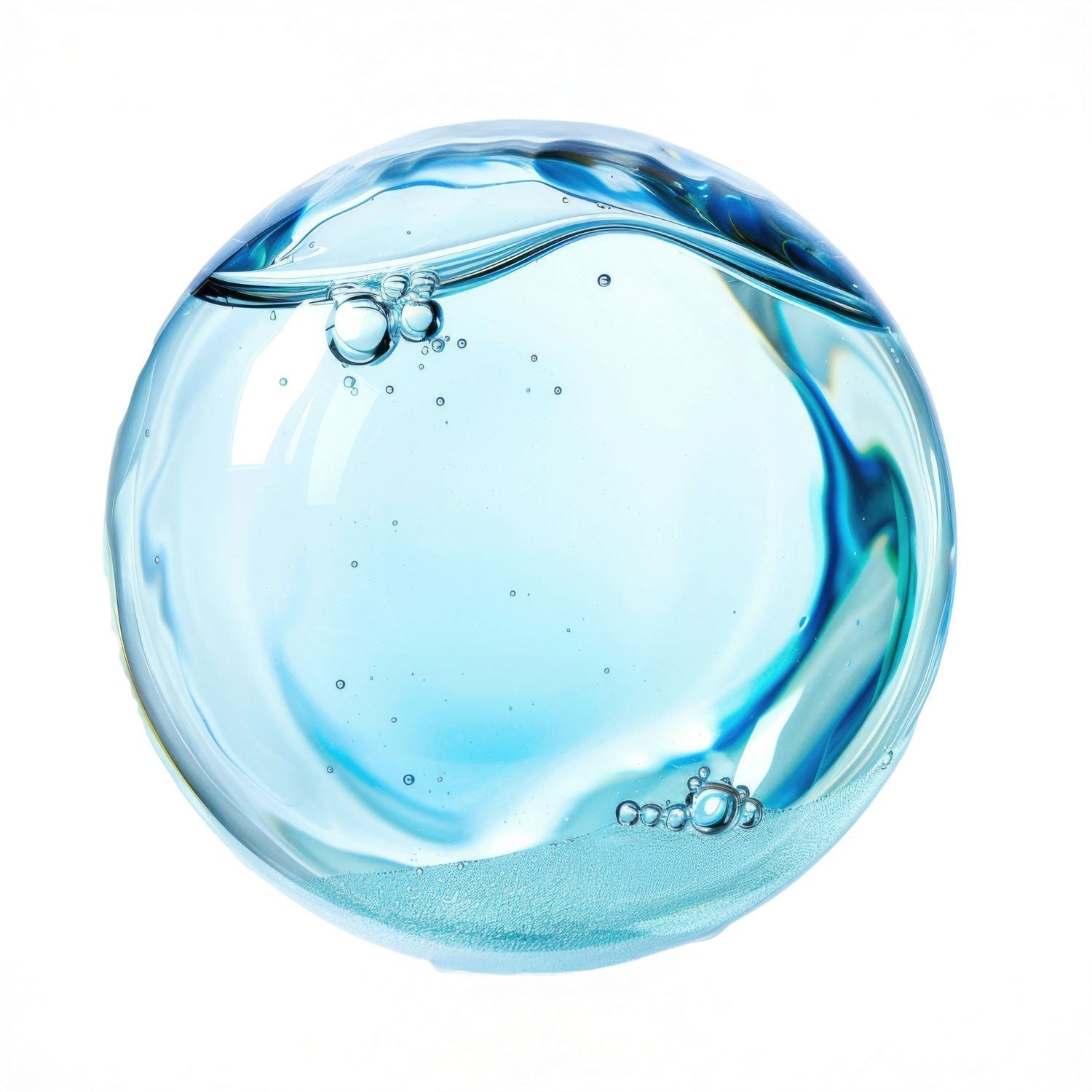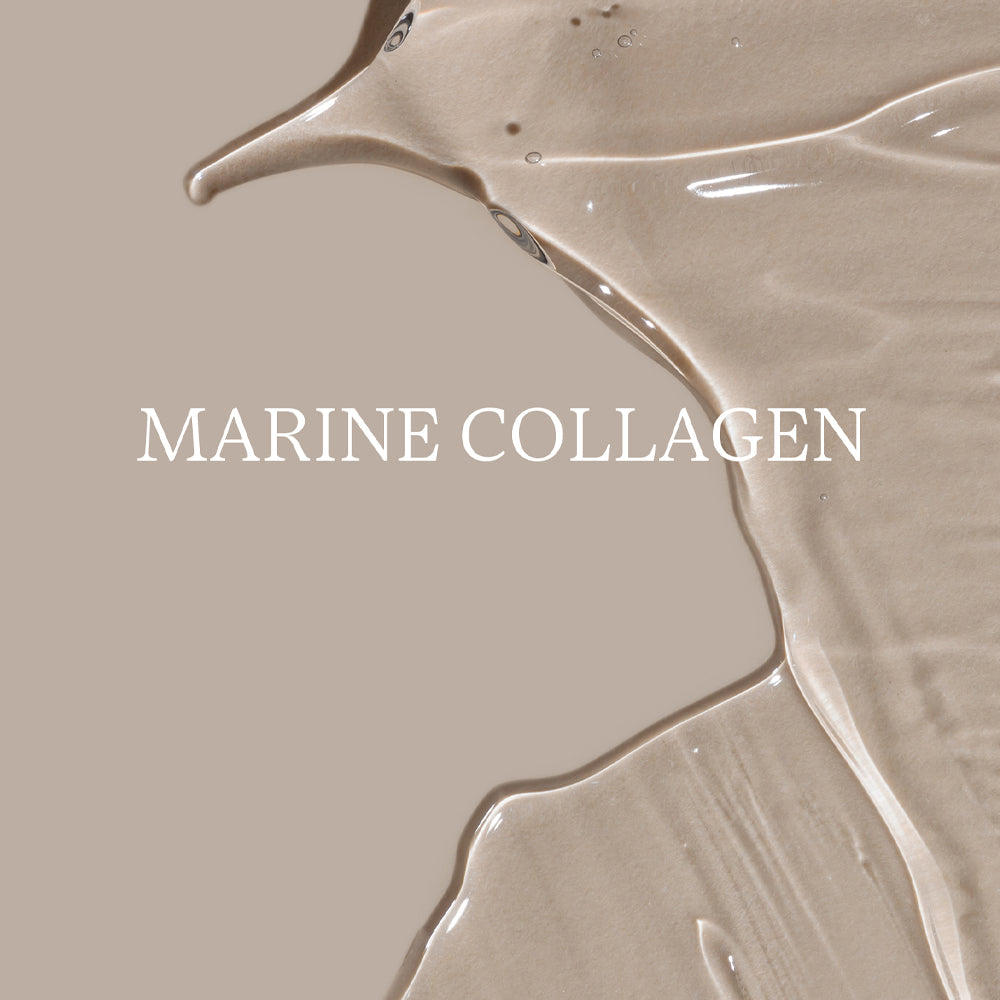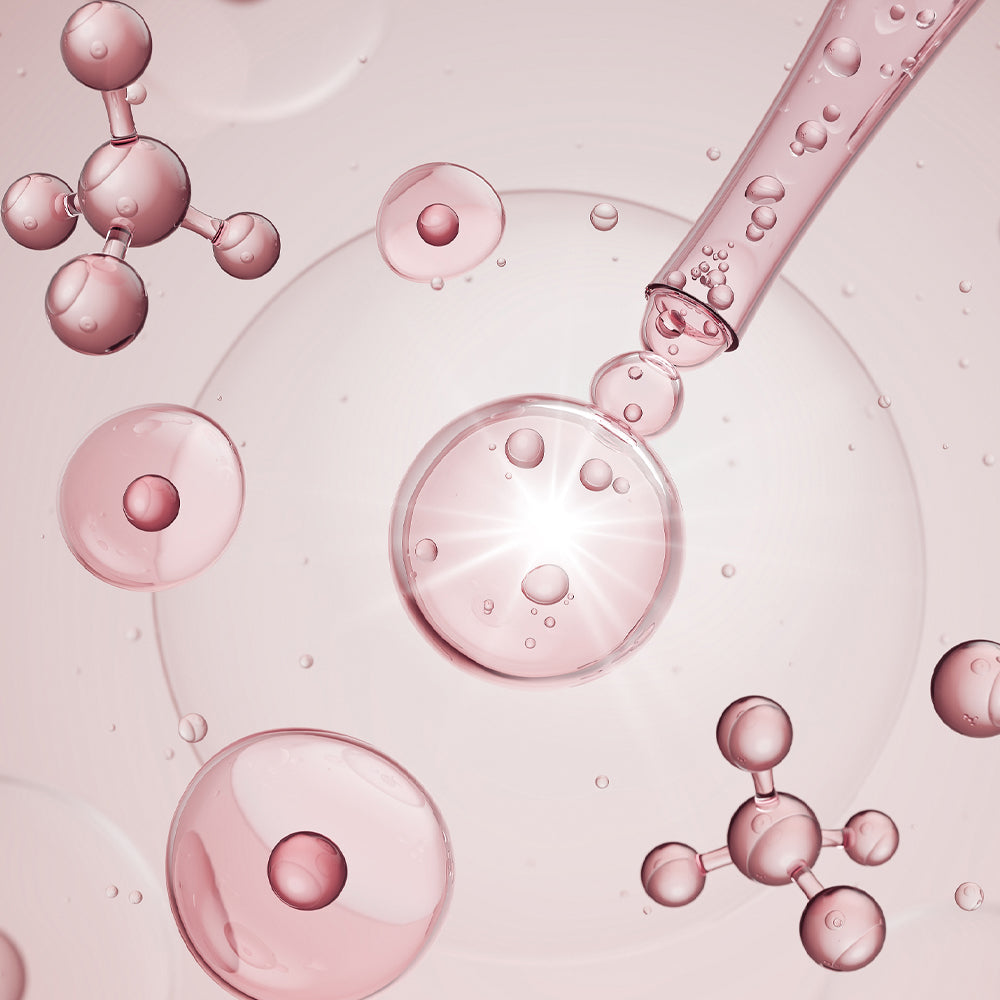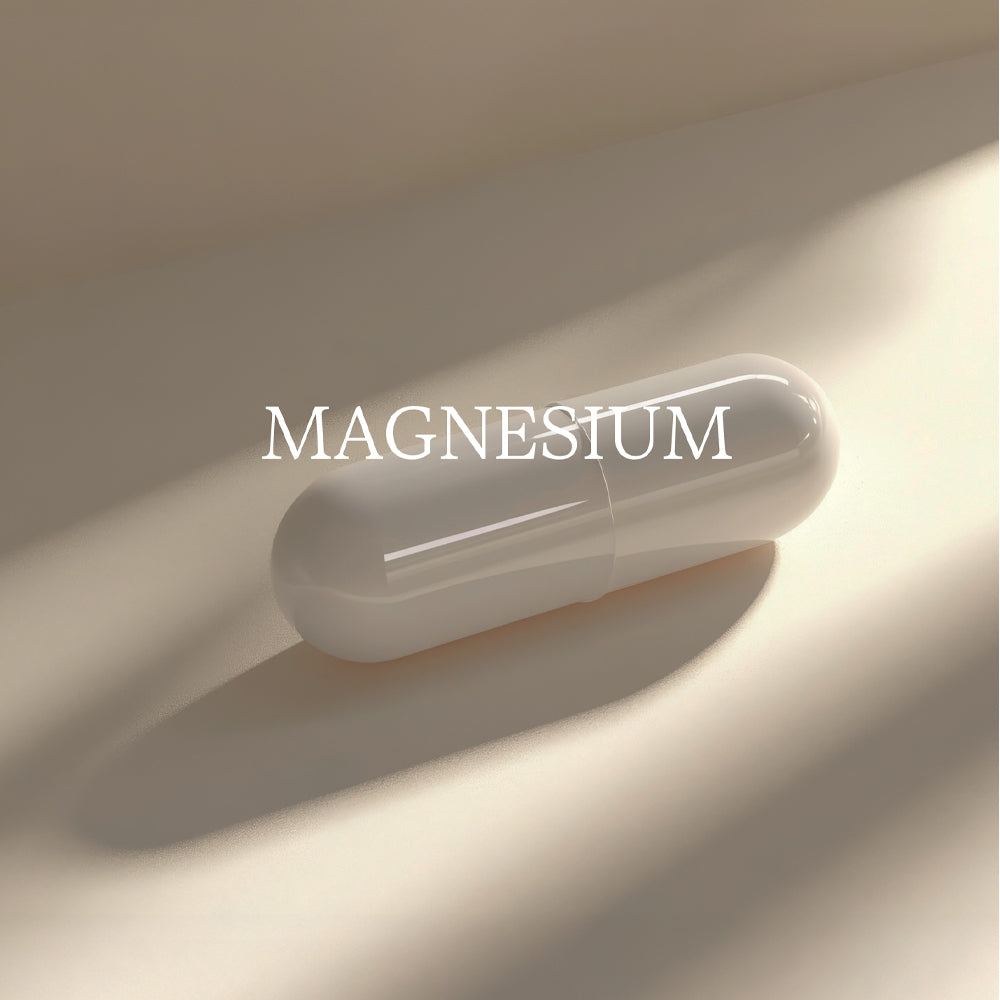
The benefits of marine collagen
What is collagen?
What is collagen? What is marine collagen used for? If you've ever asked yourself these questions, know that collagen is the most abundant protein in the human body, accounting for 30% of all proteins, making it an essential element of our body. It constitutes tissues called connective tissues in the skin or cartilage to help fulfill many roles within the human body: resistance, elasticity, and even regeneration.
Natural collagen production is largely provided by fibroblasts, which are collagen-synthesizing cells. There are different types of collagen, the most important of which are type I, II, and III collagen. It is found in skin, tendons, ligaments, and cartilage, mostly.
What is marine collagen?
Like collagen, marine collagen is a tissue-forming protein extracted from fish skin and scales. This collagen comes from fish and marine life.
Marine collagen, compared to bovine collagen, has peptides that are much more pronounced in terms of absorption and bioavailability. This particularity in peptides means that the rate and speed of absorption is higher: 1.5 times more efficient than bovine collagens. With better penetration into the blood, it is an interesting source of exogenous collagen.
Primarily in powder form as hydrolyzed collagen, it has a chemical structure that has intrigued scientists due to its similarity to human collagen. The structure is a triple helix with three chains connected by bonds.
Why supplement with marine collagen?
If collagen is the most abundant protein in the human body, why supplement with marine collagen products? While collagen is indeed produced in large quantities in the body, its synthesis unfortunately decreases with age. From the age of 25, this synthesis decreases by 1% to 1.5% each year, and collagen levels can drop by 30% from the age of forty.
This decline in collagen can result from various factors such as stress, unprotected sun exposure, or poor diet. It also has consequences. Since collagen is present throughout the body, its decline has an impact on every part of the body.
Regarding the skin, the decrease in collagen leads to greater vulnerability to the dermis, which becomes thinner and no longer properly hydrated. Fine lines under the eyes and lip lines are evidence of this. Hair loses shine and strength, as do nails. Marine collagen also acts as a preventative against the first signs of aging.
What daily dose should we consume?
Collagen comes from cattle or marine animals and is consumed in different forms: capsules, powder or even gummies . Biocyte also designs daily doses with marine collagen in stick form for optimal ease of use. This collagen is very interesting to consume for its benefits.
This dietary supplement can be effectively consumed in the evening at a dose per day. Absorption is ideal in the evening because cell regeneration occurs mainly at night.
How many grams should I take per day?
As mentioned previously, this collagen has better absorption due to the small size of its molecules.
Based on a balanced dosage between the effectiveness and the benefits felt, a dose of 10 grams per day maximum seems the appropriate dose.
Marine collagen: the benefits of this protein present in the body
Collagen is found throughout the body. The benefits of marine collagen are therefore numerous and affect many areas of the body. Generally speaking, this collagen, in the form of a dietary supplement, helps improve skin quality.
Rejuvenate your hair and nails
In addition to joints, the consequences of a decrease in collagen in the body also affect hair and nails.
Anti-aging action thanks to marine collagen
Collagen is one of the components of our skin. The elasticity and suppleness of the skin are guaranteed by this protein, which, over time, is the cause of the appearance of wrinkles. Collagen supplementation, just like hyaluronic acid or vitamin C, helps counteract the decline in collagen synthesis and, consequently, the decline in skin quality.
This collagen can thus play a protective role against skin aging, just like the products with which it is often associated, such as hyaluronic acid and vitamin C, for their actions on the skin.
Are there any side effects?
Side effects associated with collagen supplementation are rare and may include mild digestive upset. Additionally, the risk of overdose is low because excess collagen is eliminated through the digestive system.
However, in general, it is not recommended to exceed the recommended daily dose.





